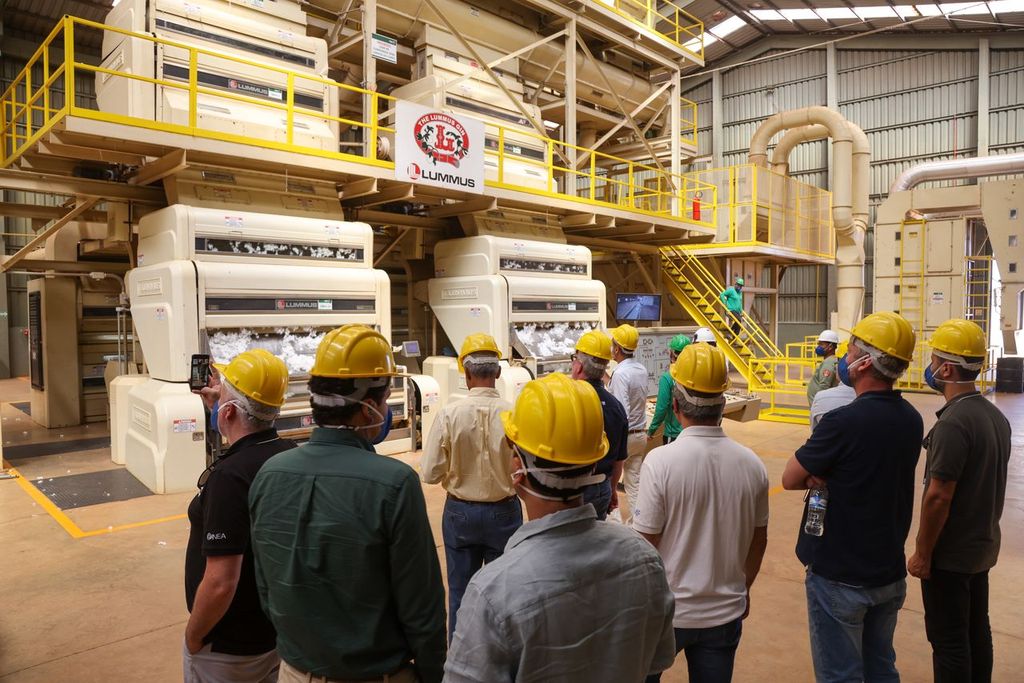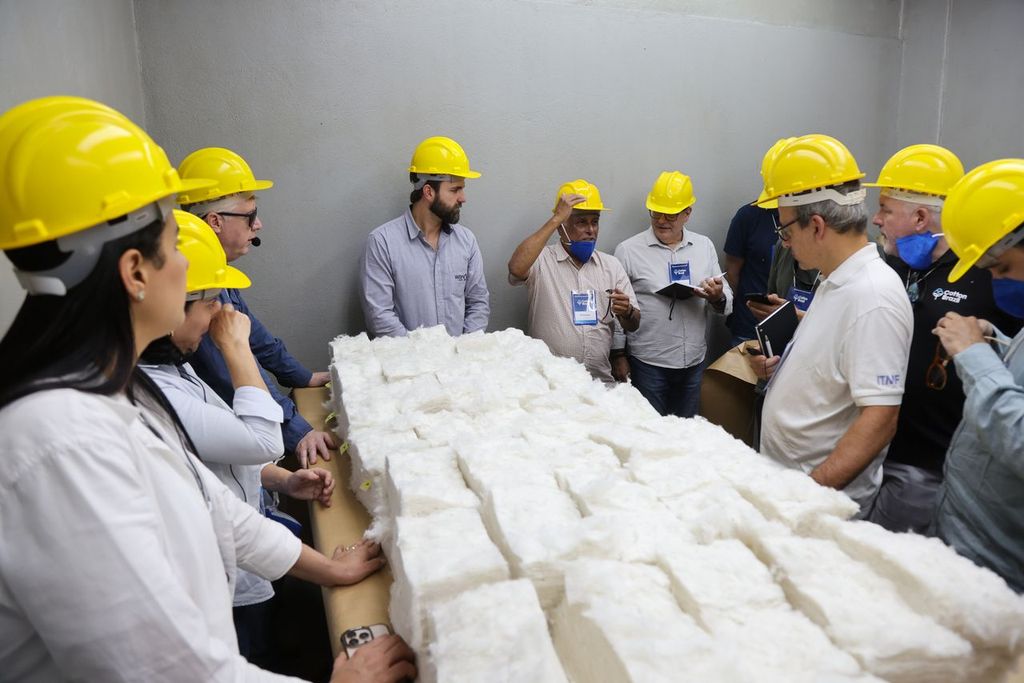Where productivity meets preservation
Calendar and Events |
Management, innovation and environmental preservation define the first edition of the Brazilian Cotton Dialogues, held by Abrapa from 21st to 25th July
There is nothing like being in the field to verify whether statistics, reports and charts reflect reality. This quest for truth in Brazilian cotton farming was the driving force behind the first edition of the Brazilian Cotton Dialogues, an international and cross-sector mission organised by the Brazilian Cotton Growers Association (Abrapa), held from 21st to 25th July across three states: Mato Grosso, Bahia and Goiás.
Hosting international delegations is already part of Abrapa’s routine. But this time was different. “We invited professionals from diverse backgrounds, not just importers. This diversity proved to be highly successful and sparked exchanges not only with us, but among the participants themselves,” said Marcelo Duarte, Abrapa’s Director of International Relations.

Duarte was one of the Abrapa representatives welcoming the delegation of 15 participants, including representatives from textile mills, machinery manufacturers, retail brands and global environmental organisations. In addition to farms, the group visited gins, cotton classing labs, cooperatives and state grower associations to understand how Brazil has become the world’s third-largest cotton producer and its leading exporter.
The vast scale of Brazilian cotton farms compared to other countries, the management processes on farms, and the country’s traceability system all stood out to visitors.
“I had heard a lot about the growth of the cotton industry in Brazil, but what I saw exceeded expectations – from the size of the farms to the scale of operations, and the solid technical and scientific methods in place. The country has huge potential to expand and supply even more cotton in the future,” stated Mr. K.V. Srinivasan, executive at Premier Mills (India) and President of the International Textile Manufacturers Federation (ITMF).
Christian Schindler, Director General of the ITMF, noted how much Brazil has changed since he last visited 15 years ago. “There has been significant improvement in the quality of Brazilian fibre. It’s clear the country has evolved both technically and in terms of sustainability, thanks to this ecosystem of highly technological farms,” he observed.

Another point highlighted by Schindler was what he described as the “holistic approach” of Brazilian cotton farming. “Producers are striving to improve their sustainable practices year after year. There is a strong focus on decarbonisation, and regenerative agriculture is not an end in itself,” he analysed.
The fact that regenerative practices are part of daily routines on Brazilian farms was also noted by Nick Weatherill, CEO of Better Cotton, the world’s largest cotton sustainability initiative. On his first international mission since taking office, he observed Brazilian farmers’ care for soil health.
“There is great concern for soil health. Producers practice crop rotation and invest in cover crops. These are beneficial for both soil conditions and agricultural productivity. It shows that sustainability is embedded in the mindset of Brazilian farmers – both in production and commercial strategy,” said Weatherill.
The coexistence of different generations of cotton growers on the farms visited also stood out to the Better Cotton CEO. “This is the kind of dynamism we hope to find in the field – a pioneering spirit and optimism that seeks out innovation and solutions to the sustainability challenges that still lie ahead,” he added.
Technology is a key part of using natural resources to their full potential. “The concept of complementary irrigation was new to me – and it makes so much sense,” Weatherill noted. He was referring to the use of remote sensing in irrigation, which maximises the use of rainwater and precisely determines when, where and how much additional irrigation is needed to ensure the optimal development of the cotton plants.
The large areas of native vegetation preserved within the farms – maintained by cotton growers with their own resources and without government subsidies – were also highlighted by several participants. “I was encouraged to see vast areas of protected and conserved natural ecosystems. This is what we need – natural ecosystems and agricultural systems coexisting side by side in harmony,” the Better Cotton CEO concluded.
Cotton Brazil
The Brazilian Cotton Dialogues is one of the initiatives set up by Cotton Brazil, a programme led by Abrapa to promote Brazilian cotton globally. The programme is run in partnership with the Brazilian Trade and Investment Promotion Agency (ApexBrasil) and is supported by the National Cotton Shippers Association (Anea).
